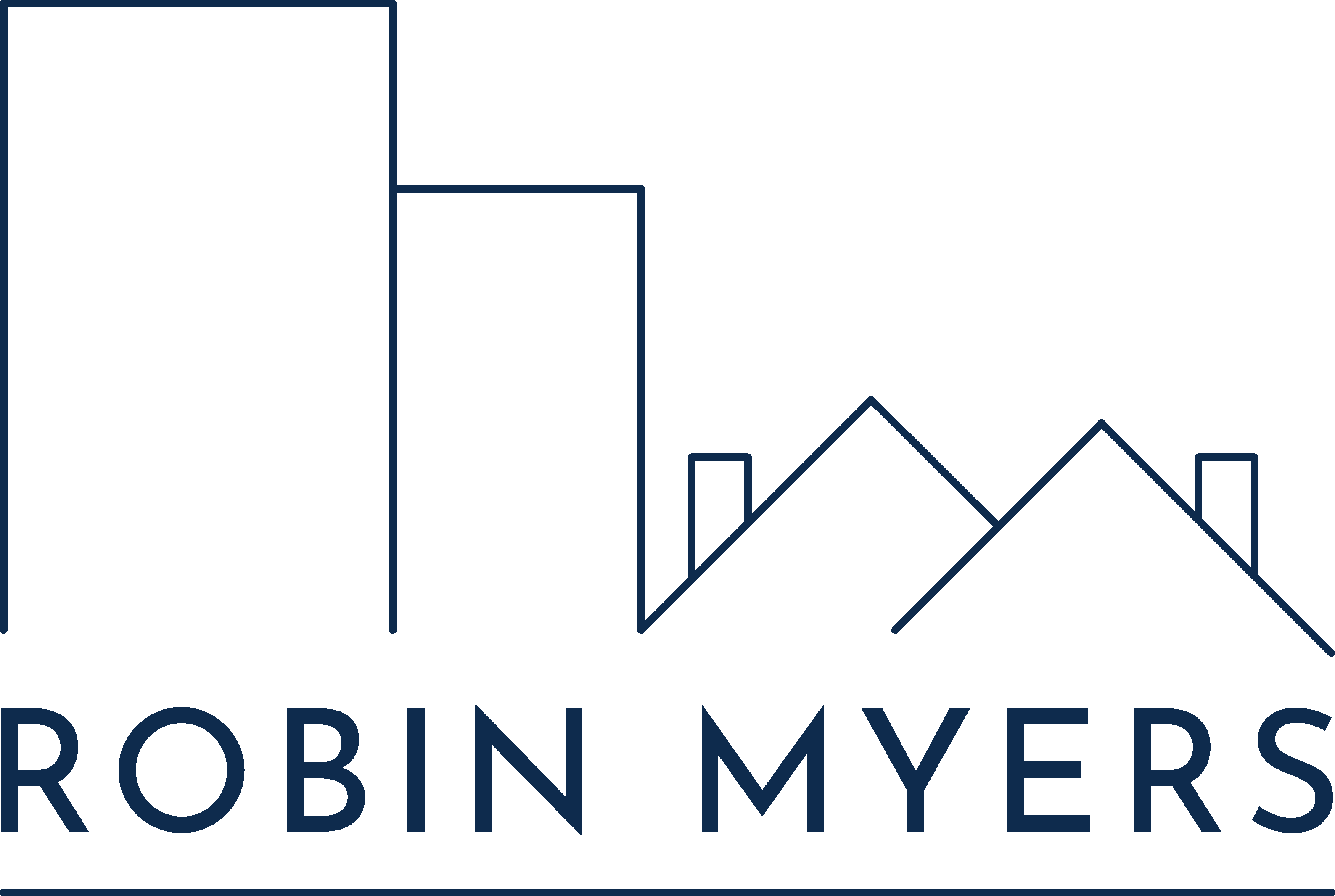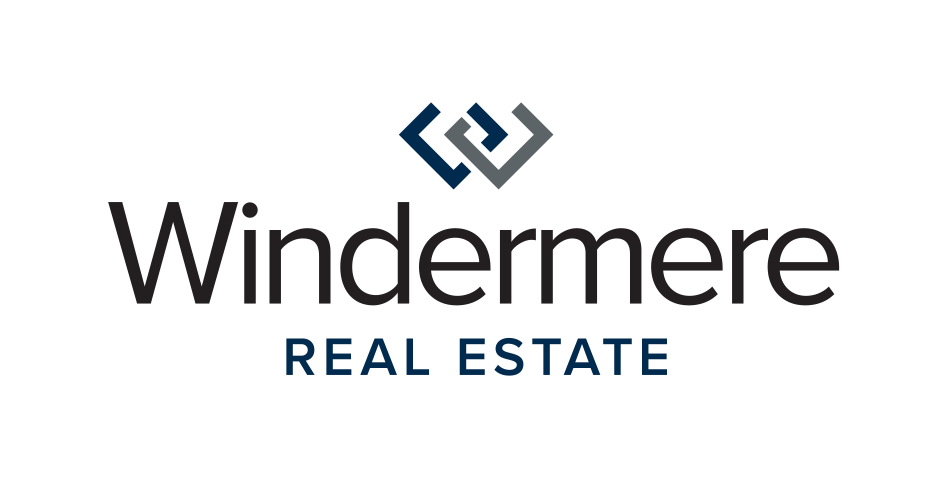NEW FHA GUIDELINES OPEN OPPORTUNITIES FOR HOME BUYERS

Condominiums are an important part of the housing market, especially for first time buyers. Often buyers have the income and credit score needed to purchase a home but lack a substantial down payment which can make entering the housing market prohibitive.
In an effort to promote affordable homeownership for credit worthy buyers, the Federal Housing Administration (FHA) has issued new guidelines that make FHA condo financing an easier, more streamline process. Once a huge part of the first time buyer market, FHA’s strict guidelines made financing a condo difficult, at best. FHA updated its condominium financing rules, effective October 15th, which will loosen requirements for financing condos.
- Low Down Payment Still Available. Buyers can still purchase a home with as little as a 3.5% down payment.
- FHA Loan Limit. In King County the maximum FHA loan amount is $726,525.
- Single Unit Approvals (“spot loans”) Return. If a condo community wasn’t on the approved FHA list, it was difficult, at best, to obtain FHA financing. New guidelines now make it easier for an individual unit to be approved for FHA “spot loan” financing in a community that doesn’t have current FHA approval.
- FHA Certification and Recertification. Many condo communities have applied for and maintained their FHA certification. Having FHA certification makes a community more desirable to buyers and FHA financing much easier. The FHA condo certification now lasts 3 years vs. 2 and the recertification process has been streamlined.
- Owner/Occupancy Requirements Eased. FHA now requires a condo community be just 50% owner occupied.
- Commercial/Non-residential Space. The amount of permitted non-residential space (retail, commercial, parking, etc.) has been increased from 25% to 35%
These updated FHA loan guidelines will now allow thousands more condominium units to qualify for FHA financing, opening homeownership opportunities to many more qualified buyers. Opening the window to homeownership will encourage more owners to buy and occupy homes resulting in fewer investor owned/rented units, higher owner occupancy levels and stronger communities.
NEW FHA LOAN GUIDELINES FOR CONDOMINIUMS BENEFIT BUYERS

Condominiums are an important part of the housing market for first time buyers. Too often buyers have the income and credit score needed to purchase a home but lack an adequate down payment which can make entering the housing market prohibitive.
In an effort to promote affordable and sustainable homeownership, especially among credit-worthy first time buyers, the Federal Housing Administration (FHA) has recently issued new guidelines making obtaining FHA financing for condominiums an easier and more streamline process. FHA has issued an update to its condo rules, effective October 15th, that will loosen requirements for financing condominiums. Here are some of the more important changes effective this month:
- Low Down Payments Still Available. Buyers can still purchase a house or condominium with as little as a 3.5% down payment
- FHA Certification and Recertification. FHA requires a condominium community to have obtained FHA certification. It is a detailed process and there is an expense to the HOA involved, but once complete, having FHA certification makes a community more desirable to buyers and FHA financing much easier. The FHA condo certification now lasts 3 years vs. two and the recertification process has been streamlined.
- Single Unit Approvals (spot loans) Permitted. In the past, if a condominium community wasn’t on the approved FHA list, it was difficult, at best, to obtain FHA financing. The new guidelines now make it easier for an individual unit to be approved for FHA “spot loan” financing in a community that isn’t FHA approved as long as no more than 10% of the units in the community are FHA insured. (A buyer must use a FHA approved lender.)
- Owner Occupancy Requirements Eased. FHA now requires that a condo community be just 50% owner occupied.
- Commercial/Non-Residential Space. The amount of permitted non-residential space (retail, commercial, parking) has been increased from 25% to 35%.
These updated FHA loan guidelines will now allow thousands more condominium units to qualify for FHA financing, opening homeownership opportunities to many buyers. Homeowner associations are encouraged to obtain and maintain FHA certification. Opening the window to homeownership will encourage more people to buy and occupy homes resulting in fewer investor owned units, higher owner/occupancy levels and stronger communities.
Property Tax Exemptions for Seniors

It’s no secret – 2018 property taxes have increased substantially over last year. While rising taxes are a tough pill to swallow, Washington’s property taxes rank in the lower half nationwide, coming in at 29th. New Jersey is #1 and surprisingly Hawaii is the lowest.
Did you know property tax exemptions are available for seniors? State law provides property tax exemption and deferral programs for senior citizens and disabled persons. You or someone you know may be eligible for a tax exemption or deferral. The application process is fairly simple; there are income and other qualifications:
- annual household income of $40,000 or less
- own and occupy a house, condo/co-op or mobile home
- 61 years of age by December 31st of the previous year, or
- retired because of disability, or
- veteran with a 100% service-connected disability
- you are a widow or widower or state registered domestic partner whose spouse or domestic partner had an exemption at the time of death
Many seniors and disabled persons are not aware of these tax exemption and deferral programs. Taking advantage of a tax savings could offer long term financial relief and make it possible to stay in a home for a longer period of time.
For more information or to apply for a 2019 property tax exemption contact King County at 206-296-3920 or visit the taxpayer assistance website at
https://www.kingcounty.gov/depts/assessor/TaxpayerAssistance/TaxRelief.aspx
Does Commute Time Impact Home Value?

How does commute time impact local home values and buyer’s decisions on neighborhood selection?
According to the US Census, Americans rank having a short commute second only to low crime rates when it comes to determining where to buy or rent a home. One study found that New Yorkers will pay nearly $60 more a month in rent to trim just one minute off their commute. That trend is the same locally – buyers are willing to pay more for a home if it offers an easier commute. As a result, areas in King County with shorter commutes have higher home values.
Urban locations close to employment centers can be expensive, but efficient public transit will level the playing field, providing a more reasonable commute that reaches more affordable housing choices. In our area, the future expansion of light rail on the Eastside and north along the I-5 corridor will have a positive impact on many neighborhoods. Finally, developers are starting to take a closer look at demographics and buyer wants/needs, planning mixed use and multifamily housing near future light ail routes and transit centers. Continue reading
2016 Strong for Condo Sellers
With only 24 resale condos listed for sale in downtown Bellevue there are very few choices for buyers ready to purchase. (Add in the 39 developer owned units still available at Washington Square and the total is barely over 60 in the entire downtown marketplace).
Inventory is at historic lows, prices are at or near record highs, multiple offers are the norm, higher buyer demand continues and there's no new condo construction in site . . . this year may well be your best time to sell your home or investment property. Bellevue is continuing to grow, more companies are moving to the city than are leaving, the arts and social scene is thriving, some of the best shopping and dining north of San Francisco can be found in Bellevue and the city is in the center of an award winning school district. The city has so much to offer for a variety of lifestyles and budgets. Condo prices start in the mid $300,000s (yes, there are affordable condos downtown) and can skyrocket to several million for a view penthouse. Don't miss the opportunity to maximize your return on investment if you're ready to make a change, find more space, move up to a view or reinvest in another rental property. 2016 could be the year.
Seattle vs. San Francisco – Affordability vs. Lifestyle
Both San Francisco and Seattle have an abundance of tech jobs. Anyone in the tech industry casting a wide net in their job search could expect to find job opportunities in both cities. While both locations would provide career growth opportunities and a stimulating lifestyle, where would you move and how would make that choice?
San Francisco is a fabulous city and salaries in the Bay area can easily be 20% higher, or more, than the Seattle marketplace, but many tech workers are choosing Seattle over the Bay area and Silicon Valley higher paying jobs. No question the cost of living here is on the rise, but the Seattle area has a significanty lower cost of living when it comes to renting or purchasing housing, parking, dining out, entertainment, groceries, etc. Locating where the employment base is, and where living is more affordable, could explain why Google expanded its campus in Kirkland and Facebook, Twitter, Uber and Dropbox have located offices here.
Friends who recently left San Francisco and moved back to the Eastside were renting a small studio in downtown San Francisco for $3,000/month + $300/month for parking. While the opportunity to return to the Eastside was key in their relocation decision, the difference in living expenses was also attractive. Renting a luxury one bedroom condo on the Eastside at $2,000/month, parking included, definitely made up for any difference in salary. While home prices and rents have increased in Seattle and on the Eastside, our prices still pale in comparison to San Francisco.
A higher paying job is enticing, and San Francisco is definitely a desirable place to live, but when adding up the list of basic items that can be as much as 30 percent cheaper here than in San Francisco, maybe the city on the bay is better as a great place to spend a weekend.
Condo Financing and the FHA
 Condominiums offer a great opportunity for first time buyers to enter homeownership and begin to build wealth, equity and credit. FHA (Federal Housing Administration) loans were a popuilar option for financing as they often offered more favorable interest rates and down payment options than conventional loans. In recent years FHA has placed significant restrictions on the purchase and sale of condominiums, preventing buyers from purchasing condos, harming homeowners who want to sell and limiting the ability of condominium communities to attract buyers. In order to obtain FHA financing on a condominium, the community must meet a strict list of requirements and obtain FHA certification (a labor intensive process and expensive for the HOA) and recertification is required every several years. As a result, communities have let their certification lapse and FHA insured condo mortgages have plummeted in recent years.
Condominiums offer a great opportunity for first time buyers to enter homeownership and begin to build wealth, equity and credit. FHA (Federal Housing Administration) loans were a popuilar option for financing as they often offered more favorable interest rates and down payment options than conventional loans. In recent years FHA has placed significant restrictions on the purchase and sale of condominiums, preventing buyers from purchasing condos, harming homeowners who want to sell and limiting the ability of condominium communities to attract buyers. In order to obtain FHA financing on a condominium, the community must meet a strict list of requirements and obtain FHA certification (a labor intensive process and expensive for the HOA) and recertification is required every several years. As a result, communities have let their certification lapse and FHA insured condo mortgages have plummeted in recent years.
Lawmakers are urging FHA to review these guidelines and ease restrictions on condominium community certification requirements in an effort to make FHA financing an easier process and promote affordable home ownership opportunities. The National Association of Realtors® (NAR) has also been pushing FHA on many of these proposed changes for over three years.
Condos are a critical part of the natural progression of home ownership. Reducing the current restrictions impacting FHA condo financing will go a long way in assisting first time buyers who are entering the market, current condo owners who are ready to sell and move up to a larger home and seasoned homeowners who are ready to downsize to a lower maintenance lifestyle.

 Facebook
Facebook
 Twitter
Twitter
 Pinterest
Pinterest
 Copy Link
Copy Link





